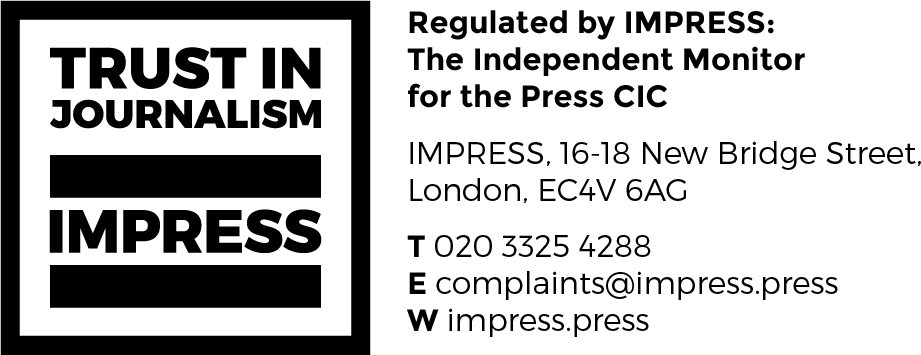Companies need to make “meaningful” response to new tax evasion law, says lawyer

Superyacht companies have been warned that they need to undergo serious cultural change in the wake of new UK laws on tax evasion.
The Criminal Finances Act 2017 came into force on 30 September, and makes company owners liable when their employees facilitate illegal tax evasion.
Speaking at a seminar hosted by legal firm Ince & Co yesterday, lawyer Matt Stratton (pictured) said the newly-created criminal offence requires companies to make meaningful changes to their cultures.
He said the government was sick of business owners claiming that they couldn’t know what employees, sub-contractors, agents and other “associated persons” were doing while carrying out their work, and evading responsibility for preventing illegal activity.
“It’s no longer good enough for directors to say ‘It wasn’t me, it was him’ and to claim they didn’t know what was happening. This legislation targets business owners at the top of the contracting chain and makes them responsible for having procedures in place to prevent illegal tax evasion happening.
“It’s not meant to be a box-ticking exercise. It’s meant to be about meaningful culture change,” he said.
Stratton presented a session on the Act to members of the superyacht industry, including brokers, lawyers, insurers and valuers, during the seminar held at Ince & Co’s UK headquarters in London.
The Act had been in force for two months and created a new offence for corporate bodies of failing to prevent the facilitation of tax evasion, punishable with unlimited fines. Companies had only one defence if they were prosecuted – that they had put “reasonable prevention” procedures in place.
Stratton said: “Compliance is keeping a lot of our clients up at night. Rules and regulations just come and come and come, and don’t seem to stop – it just seems to be relentless.
“We can trace it back to the 2008 financial crash, and the government’s need to increase transparency, get some corporate heads on a plate, increase accountability, level the playing field, make corporations pay their share, and ultimately increase tax revenue. Governments have decided that the culture is wrong. The yachting industry is at the coalface of that – it’s coming under scrutiny more and more. This new legislation has a particular effect on international industries like ours.”
The Act applies to companies that were set up or operate in the UK. It is policed by Her Majesty’s Revenue and Customs and the Serious Fraud Office, and covers illegal tax evasion facilitated by people during their work.
Stratton used an example of an employee procuring services for his company from an IT supplier, and agreeing to the supplier invoicing the company from his company in Mauritius rather than his company in the UK (which provided the service) to avoid paying VAT.
“This legislation is the government saying to companies ‘We expect you to police this relationship and do something to stop it’.”
He said companies needed to carry out “meaningful” risk assessments, make sure they updated their policies and contracts, make board members aware of the offence, and train employees to make them aware of the legislation and how to spot illegal activity.
“It’s not enough to just update policies by adding the word ‘tax’ to them,” he added. “This issue is about a step change in culture and generally thinking about how to prevent it.”

